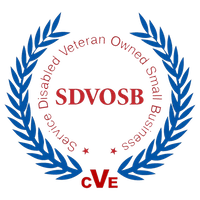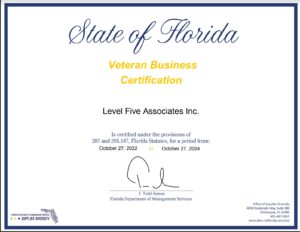Eleven years ago this week, the 1st Infantry Division was seven months into a 12 month deployment in North-Central Iraq as part of Iraqi Freedom II. The 22,000 Soldiers of Task Force Danger, the “Big Red One”, were conducting counter insurgency operations with all its complexity. On any given day, platoons, companies, battalions, and brigades of the division were embroiled in combat operations to kill or capture the enemy, training and equipping Iraqi security forces, and working to improve Iraqi quality of life by rebuilding the infrastructure of the war torn country. Then, as today, the country was defined by irredentism with the complexity of Sunni and Shia Islam, Arab and Kurd identity and sectarianism, tribal affiliations, criminal and gang activity, and the many forms of Islamic extremism. Unfortunately, the American strategy in Iraq was as ill-defined then as it is today. Regardless, the America’s Army soldiered on and adapted to the mission.
The evening of July 4, 2004, the division hosted a ceremony to celebrate America’s independence and the June 28, 2004 transfer of sovereignty to the new Iraqi government. The venue for the combined celebration was on a bluff on the west bank of the Tigris River on the grounds of one of Saddam’s former palaces, later to be ravaged by ISIS in 2015. The view was spectacular. The guest list included leaders of the 1st Infantry Division and Iraqi guests, to include elected and appointed leaders from the Salah ad-Din, Kirkuk, and As-Sulaymaniyyah provinces; Iraqi military and police counterpart commanders; Islamic and Christian religious leaders; and sheiks from the ten tribes across the division’s area of responsibility. The ceremony included networking and social interaction, speeches commemorating and contrasting American Independence and progress towards Iraqi sovereignty, and a fireworks display synchronized to the incredible music of the 1st Infantry Division Band. Halfway through the event, the insurgency launched an attack in Tikrit, which the soldiers of the US 1st Battalion, 18th Infantry of the division’s 2nd Brigade Combat Team quickly suppressed. The irony of the venue with the backdrop of the sounds of simultaneous fireworks and combat operations was not lost on anyone. The evening was a success and inspired us all, including a number of the Iraqi leaders committed to forging a new and better Iraq.
Independence Day is an opportunity for all Americans to reconnect with our roots and rededicate ourselves to the ideals of our Republic. It is a day to reread the Declaration of Independence and consider the incredible foresight and courage of our founding fathers. American Soldiers present at the ceremony in Tikrit in 2004 will probably never forget our shared sense of patriotism, comradery, and team. We also recall the frustration of the strategic morass wherein we found ourselves.
All of this translates directly to our Big Six Leadership Principles®. Let’s break it down into two dimensions.
One, our nation never “set the azimuth” for the mission in Iraq. A strategy was sorely lacking with the ends, ways, and means never defined or in balance. Sadly, the lessons of 2003 and 2004 have yet to be learned and our government is apparently incapable of pulling together a comprehensive strategy for the Middle East. The principle of “setting the azimuth” is number one on our list and the chief responsibility of any leader, whether in business or government.
Two, high performing organizations embrace a very special culture characterized by trust and empowerment. The glue that holds it all together is integrity. The three US combat divisions in Iraq in 2004, to include the 1st Infantry Division, accomplished so much in a very ambiguous situation. In the absence of strategic vision, we effectively “rolled our own” and relied upon the power of our collective wisdom, competencies, and teamwork to leave our respective areas of Iraq in better shape than we found them. We made mistakes, but were learning organizations. We endeavored to “set the azimuth” for our teammates with clarity, listened intently, trusted and empowered our junior leaders, and held ourselves accountable for our actions. We did the right thing when no-one was looking, to include holding ourselves to the high standards of the Geneva Conventions as we executed our many missions, to include the interrogation of our prisoners. We achieved some degree of balance on July 4th, 2004 by taking time out to celebrate Independence Day.
In retrospect, the ceremony on July 4, 2004 in Tikrit, Iraq was memorable and reflected both pride in America and optimism for a nascent Iraq. The Americans in attendance that day were emboldened with patriotism and faith in our nation. We believed in and trusted one another. We represented the best of America and were honored to be serving our Nation. In turn, we expected and deserved a real strategy before the invasion of Iraq in March 2003. Such a strategy did not exist then or for that matter, today. This is a leadership failure of significant magnitude and it is time to demand accountability from our leaders at every level.
Level Five leaders embrace both responsibility and accountability.





